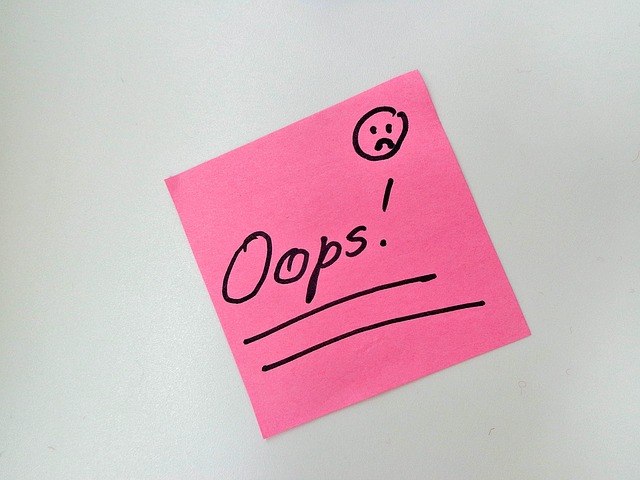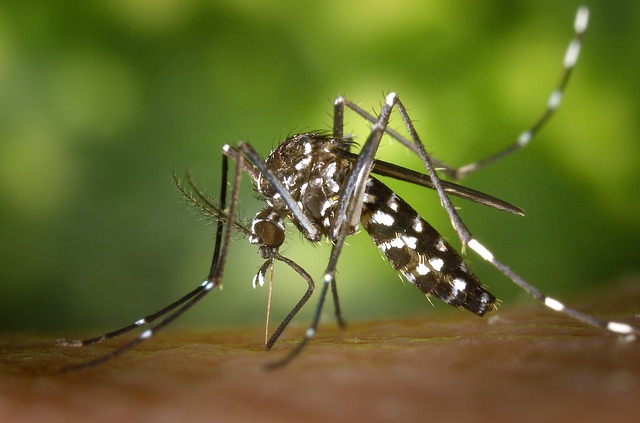
Dove, a publisher owned by Taylor & Francis, has retracted a paper published last year after a Retraction Watch reader pointed out that the authors’ statements on ethical approval made no sense.
Dove’s Diabetes, Metabolic Syndrome and Obesity: Targets and Therapy published the article, “Serum Human Epididymis Protein 4 is a Potential Biomarker for Early Chronic Kidney Disease in an Obese Population,” in April 2021. In August, we received an email from a puzzled reader which read, in part:
Continue reading Publisher retracts paper with ethics committee discrepancy after question from Retraction Watch







